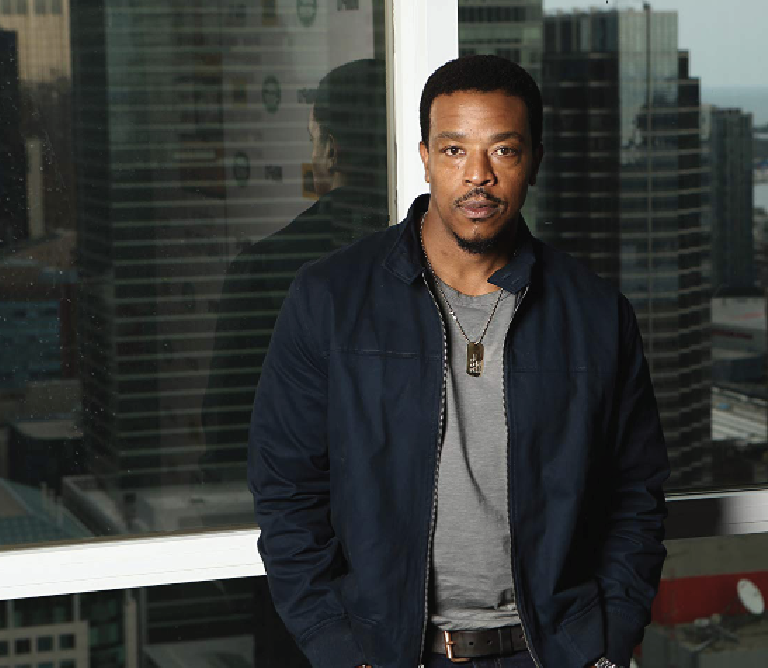Actor discusses impact of ‘The Hate U Give’

This Tuesday, Fox Home Entertainment invited viewers to a screening of “The Hate U Give,” a film adapted from a young adult novel of the same title, and a Q&A with actor Russell Hornsby, who played Maverick Carter in the film, at James Bridges Theater at UCLA.
USC Center for the Political Future fellow Symone Sanders, who moderated the Q&A, spoke with Hornsby about the film and its cultural implications following the screening.
The film follows Starr Carter, a high school girl whose world is turned upside down when her childhood best friend Khalil Harris is shot by the police. Hornsby plays Starr’s father, an ex-drug dealer who will stop at nothing to protect his family.
Hornsby has a wealth of acting experience ranging from ABC’s “Lincoln Heights” to movies such as “Fences” and “Creed II.” His most recent venture is the television show “Proven Innocent,” whose pilot episode aired Feb. 15.
During the Q&A, Hornsby said he felt his character represented black men in America and all of the individual male role models that helped shape him into who he is today.
“Maverick Carter is a representation of the brothers who helped raise me,” Hornsby said. “You know, you’re talking about your coaches, [talking] about your uncles, teachers, all of those things … When you get older, you’re learning more about what is it to be black, what it is to be black in America, how we’re treated, how we’re mistreated and then that starts to take a toll on you.”
The conversation then shifted to the opening scene — a shot of everyone in the neighborhood playing outside and pans into the Carter family house in which Maverick, his wife and his three children are sitting around the kitchen table having “the talk” about what to do when a police car stops you. Hornsby said he remembered moments from his own childhood when his mother would remind him to exercise caution because he was a black boy. But in the film, Hornsby thought “the talk” was executed much more poetically.
“I think it’s deeply profound that we have this black nuclear family, sitting at the table, the father at the helm with all of his transgressions behind him,” Hornsby said. “He can still be a man who’s been to prison, been to jail. You look at him, you can tell this brother got something with him, but he’s still so present and ready too, like [he cares] enough about his family to sit with them lovingly with some care and compassion to say to his children, ‘Let’s be mindful about what’s out there because I do love you.’”
Hornsby also said the film gives the audience the chance to feel again, as he believes people have become desensitized due to images of gun violence in the news.
“The first step is coming here and being present in this theater tonight, right?” Hornsby said. “And taking a moment to feel again. That’s going to expand to everything else once we open this heart up, once we open our spirit, once we’re touched. That begins the opening of our minds to think differently. To consider different ideas and different thoughts and different kinds of conversation.”
Hornsby also discussed what “The Hate U Give” means for the future of filmmaking, specifically how more diverse and inclusive films can become the norm. He said the film industry has improved at producing more inclusive and diverse films and, most importantly, telling those authentic stories on screen. To him, the most important thing to remember is that audiences need to show their support by coming to the theater.
“We work hard,” Hornsby said. “You want to be entertained, you want to see something that’s representative of who you are and what your beliefs are, you should take your hard-earned dollar and put it toward whatever movie you want to see at the movie theater, what you want to see on DVD, because commerce drives content. When you come see [a film], that lets everybody know, the people at the studios know, that there is an audience for this.”
The event as a whole was a celebration of the release of “The Hate U Give” on digital, Blu-Ray and DVD. Hornsby encouraged the audience to support the film, which he believes is a “classic” that will accurately empathize with relevant issues for years to come.

